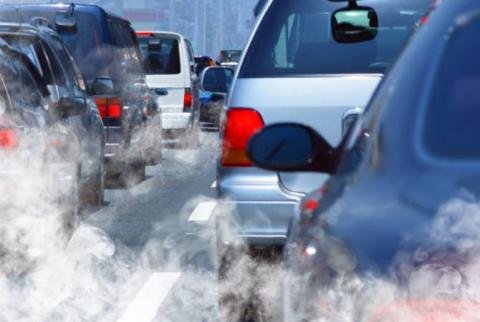How fast can i get my license in Germany?The Euro 7 emissions standard is the European Union’s latest regulation designed to cut air pollution from cars, vans, and trucks. It updates the rules from Euro 6 and aims to reduce harmful nitrogen oxides, particulate matter, and brake emissions. In April 2024, the EU officially adopted the new framework, and from July 1, 2025, Euro 7 rules will begin applying to new vehicle models. For existing models, the application date extends to July 1, 2027.
If you’ve been asking, “When does Euro 7 take effect, and what does it mean for drivers and manufacturers?” — this post breaks it down in detail.
What Is the Euro 7 Standard?
Euro 7 is the European Union’s latest vehicle emission regulation. Unlike previous standards, it does not focus only on exhaust gases. It also sets limits for non-exhaust pollutants, such as brake and tire particles. This makes it the first global regulation to tackle emissions from both combustion and electric vehicles.
The standard also requires that new vehicles remain within emission limits for longer periods of their lifecycle. This shift ensures cars and vans remain cleaner throughout their use.
For a full overview of the new rules, the official EU press release can be found here: Council adopts new Euro 7 rules.
When Does Euro 7 Come Into Effect?
The rollout of Euro 7 happens in two main phases:
- From July 1, 2025: The rules apply to all new vehicle types (cars, vans, and heavy-duty vehicles).
- From July 1, 2027: The rules extend to all new vehicles sold, including existing models still in production.
This timeline gives manufacturers time to adjust production, integrate new technologies, and certify vehicles under the updated limits.
How Will Euro 7 Affect Drivers and the Car Market?
The impact of Euro 7 will be noticeable for both manufacturers and consumers:
- Cleaner vehicles: Stricter rules ensure lower nitrogen oxide and particulate matter emissions.
- Higher production costs: Manufacturers may pass part of the cost to consumers, leading to slightly higher vehicle prices.
- Longer durability: Vehicles must remain compliant for up to 10 years or 200,000 kilometers.
- Stronger push for electric mobility: Even electric cars face stricter rules for tire and brake emissions.
Why Euro 7 Matters for the Future
The Euro 7 regulation is not only about reducing emissions today. It sets the foundation for Europe’s Green Deal goal of climate neutrality by 2050. With more attention on air quality and public health, Euro 7 represents a critical step in aligning transport with sustainability goals.
For drivers planning to move or work in Europe, staying informed about regulations like Euro 7 is just as important as understanding driving license requirements. For example, many ask, “How fast can I get my license in Germany?” before considering a move, and the answer depends on training hours and local testing schedules. Rules such as Euro 7 will become part of that bigger picture of driving in Europe.
Related Reading
For more resources on driving rules, licensing, and mobility in Europe, explore European Drivers License. You’ll find detailed insights into licenses, regulations, and travel requirements — useful if you’ve ever wondered, “How fast can I get my license in Germany?”
Conclusion
The Euro 7 emissions standard comes into effect on July 1, 2025, for new vehicle types, and on July 1, 2027, for all new vehicles sold in the EU. It introduces stricter rules for both exhaust and non-exhaust emissions, making vehicles cleaner, longer-lasting, and more aligned with Europe’s climate goals.
Whether you’re a driver, manufacturer, or policy watcher, understanding Euro 7 is essential. Much like asking “How fast can I get my license in Germany?” before relocating, knowing when Euro 7 starts ensures you’re prepared for the future of driving in Europe.


